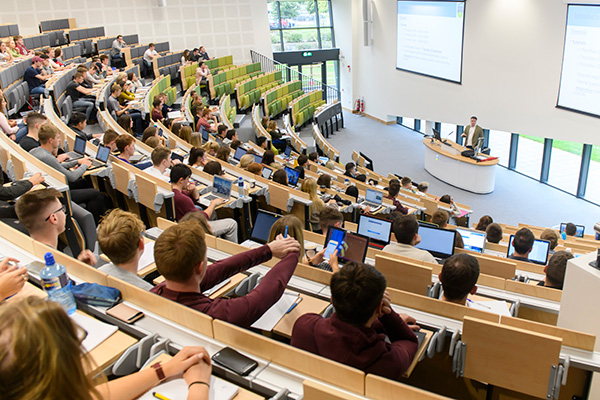The pharmaceutical industry is one of the largest in Ireland, and UCD Chemistry graduates work in the following:
- Analytical roles in laboratories on the synthesis, testing and analysis of active pharmaceutical ingredients, medicines and medical devices
- Research chemist roles in laboratories in research and development
- Management and supervisory roles in regulatory affairs, production and validation
The semiconductor and medical device and energy industries also hire a significant number of materials chemists, and graduates would be involved in:
- Semiconductor processing
- Effluent and raw materials monitoring
- Air and water quality measurements
Chemistry graduates also pursue PhDs in Ireland or abroad in areas as diverse as biological aspects of nanoscience, novel material synthesis, energy generation and polymer chemistry.
For any queries or to apply please use links below.

